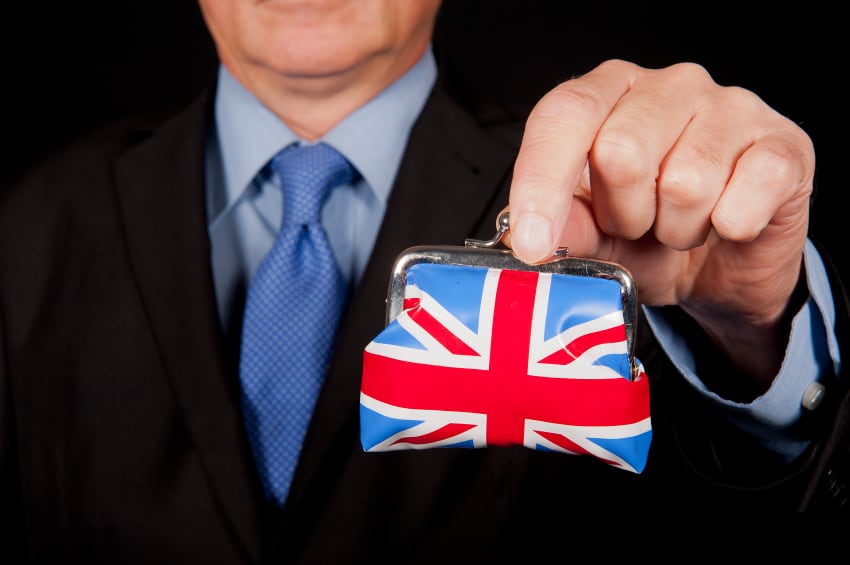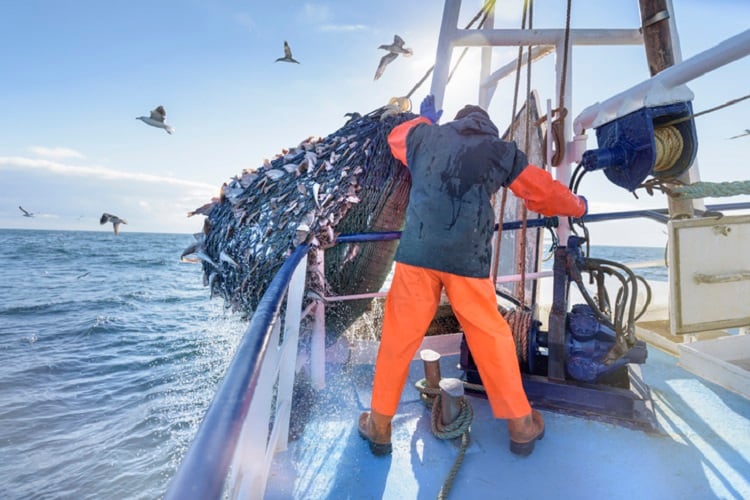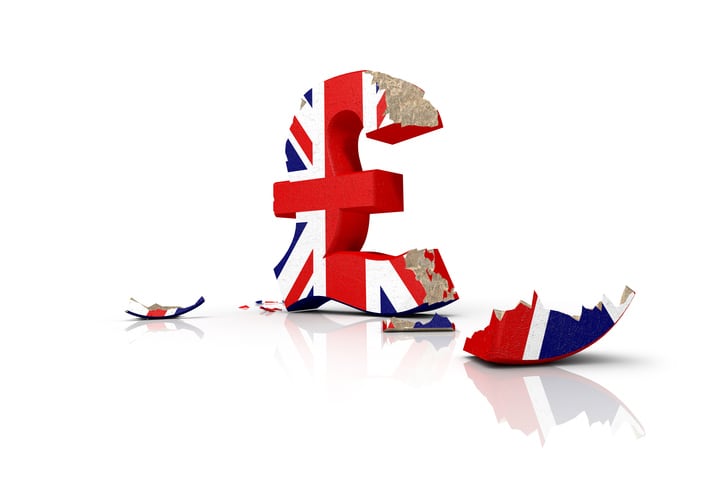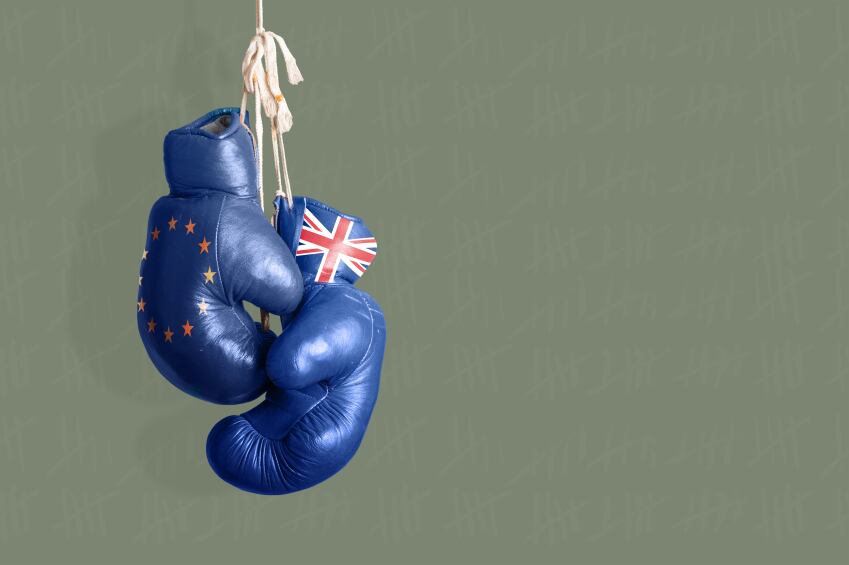The delegation included representatives from Copa and Cogeca, CELCAA and FoodDrinkEurope (FDE). During the meeting – and in a follow-up joint letter signed by the three organisations – the food sector stressed the need to avoid a no-deal Brexit scenario and deliver “an orderly Brexit” to ensure trade between the EU and the UK “remains as frictionless as possible”.
However, they said, the EU should “get ready” for a no-deal outcome, reflecting mounting concern businesses will face a ‘cliff-edge’ scenario as the UK crashes out of the Single Market.
In an attempt to win over Tory Brexiters and the DUP, May returned to Brussels today (7 February) in an effort to re-open the withdrawal deal and force legally binding changes to the backstop arrangement.
Brussels has repeatedly insisted the Withdrawal Agreement, which was two years in the making, will not be re-visited. Sources told this publication that the European Commission is "angry" that it has "wasted two years" negotiating a deal with May's team that does not having the backing of British politicians.
In a joint statement on today's meeting May and EC president Jean-Claude Juncker said that the discussion was "robust but constructive".
Juncker underlined that the EU27 will not reopen the Withdrawal Agreement but expressed "openness" to add wording to the Political Declaration regarding the future relationship.
"Despite the challenges, the two leaders agreed that their teams should hold talks as to whether a way through can be found that would gain the broadest possible support in the UK Parliament and respect the guidelines agreed by the European Council. The Prime Minister and the President will meet again before the end of February to take stock of these discussions."
Indeed, with the Brexit deadline of 29 March drawing nearer, no-deal is looking increasingly likely. UK Prime Minister Theresa May has failed to win over support in the House of Commons and Parliament has refused to ratify her vision of the 'divorce' settlement.
Brexit backing Tory MPs and Northern Ireland's DUP have ruled out supporting a proposal that would see the so-called 'backstop', a customs arrangement aimed at avoiding a hard border with Ireland, implemented. Other factions want to see a softer Brexit that would ensure closer ties with the EU, a general election that could re-set negotiations, or, indeed, a second referendum that could potentially reverse the decision to leave entirely. There is no clear majority for any of these options in Parliament.
‘Significant disruption’ to food supply chain
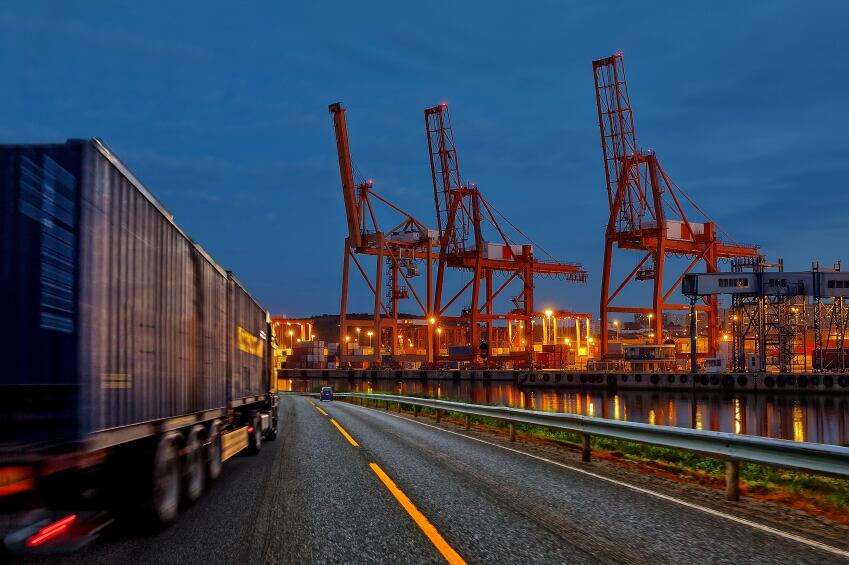
Companies, farmers and agri-cooperatives from both sides of the Channel are engaging in contingency and preparedness measures. But according to the joint letter, “these measures will not prevent significant disruption of supply chains in case of a no-deal. It is also proving difficult for smaller operators to suitably prepare as they will be facing export procedures for the first time and they lack the required resources”.
Copa and Cogeca, CELCAA and FDE called on the EU Institutions to consider “unilateral contingency measures” specific to the agri-food sector. “The impact of a no-deal will be immediate and harsh,” they warned.
“We are really [pushing] for special consideration for the food industry. We feel there should be unilateral measures taken by the European Union in order to fast track food products because food has a short shelf life in terms of raw materials and products. We are asking for a series of measures that prioritises food products because it’s a primary need for consumers,” Marco Settembri FDE board member and Nestlé CEO of zone EMEA explained at a briefing in Brussels this week.
“We need to have smooth customs and transportation of food,” he stressed, adding that the EU will “likely not accept” the UK position or an extension to Article 50. “We don’t like the current situation in which no deal is the likely scenario for the future.”
While preparations for a no-deal Brexit can limit the damage to industry, Settembri stressed that the situation will have negative economic consequences in the short, medium and – possibly – long term.
“This will cost money to society at the end of the day... Society and the consumer will pay the price of this decision," Settembri predicted.
What should the EU do?
In their joint letter, the agri-food chain representatives detailed a set of measures related to customs, labelling, food safety and transport that could soften the impact of a no-deal Brexit.
The joint letter also calls on the EU Institutions to carefully consider making adjustments to agricultural markets as well as preparing support policies and emergency Brexit funds to deal quickly with any unforeseen events.
Customs:
- Temporary procedures for EU agri-food products to be cleared at the premises of the operator
- Temporary measures allowing goods placed on the EU market before 30 March to be sold until stocks are exhausted
- A "pragmatic approach to enforcement" by EU customs authorities to be adopted for 18-24 months
- Capacity-building in Member States’ customs authorities and in training for businesses
Labelling:
- A "smooth transition" to label changes including a "grace period" of 18 months for changes to be made
- Clarify the legal obligation for “establishing a business address” in the EU/UK
Food safety and phytosanitary requirements:
- Adequate coordination and information exchange on food safety and phytosanitary issues
- Full access for the UK to the RASFF, EUROPHYT and the Administrative Assistance and Cooperation (AAC) food fraud system which will be "mutually beneficial"
- Mutual recognition of SPS certification
- Accelerate the process for recognising UK certification bodies as a third country certification body to certify organic products for export to the EU
- Uninterrupted and coordinated control of excise goods across borders by maintaining open access for the UK to the Excise Movement and Control System (EMCS)
Transport:
- Continuity of licenses to operate for EU haulers in UK and UK haulers in the EU for at least 18 months
- Harmonization of all regulations and licenses for drivers
Financial provisions:
- Structural and adjustment funding for operators
- An Emergency Brexit Funds with sufficient budget to deal quickly with any unforeseen event
- Trade promotion and private storage support

